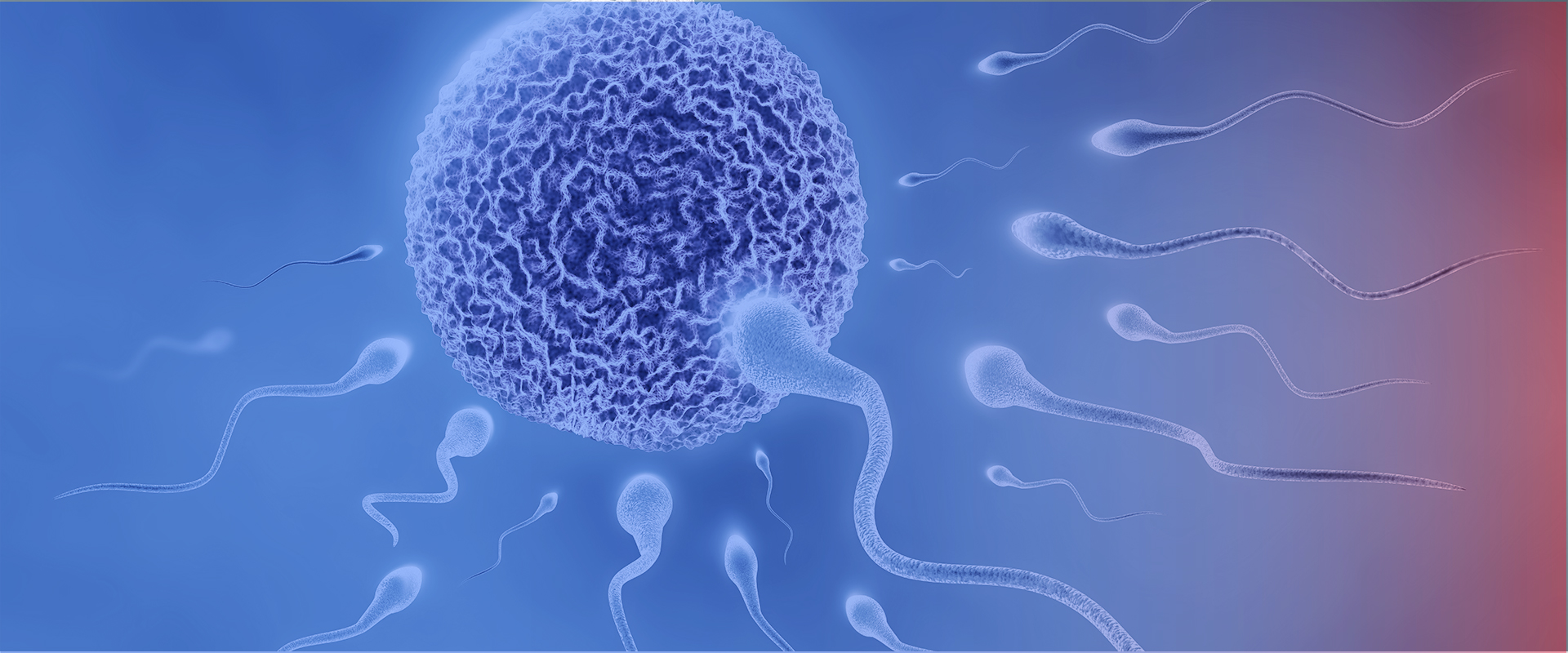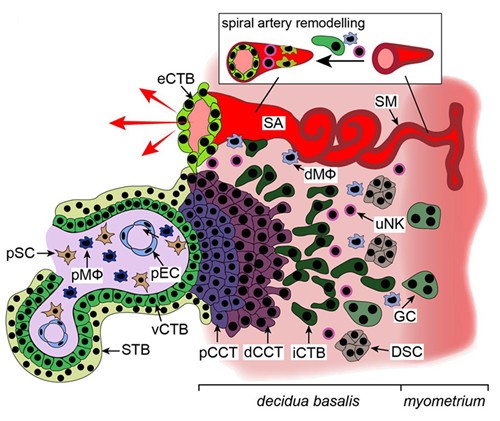
Study on differntial profiles of placental epigenetics caused by ART
Date:2020-05-08 [close]
Assisted reproductive technology (ART) has been adopted widespreadly in the world, since the first successful IVF-ET carried out in the United Kingdom 1978, and nowadays, more than 7 million babies have been born worldwide. However, as compared with those conceived spontaneously, singletons conceived via ART still have elevated maternal adverse effects, such as preeclampsia, gestational hypertension, and placental abruption, placenta previa and the risk of cesarean delivery, and adverse neonatal outcomes, such as perinatal mortality, preterm delivery, low birthweight/very low birth weight and small for gestational age. Although the ART children may possess unique developmental programsthe, long-term evaluations of post-natal effects occurring beyond the neonatal period on ART children is usually limited in number and length of follow-up. Fetal origins of adult disease paradigm suggests it might be an alternative to evaluate long-term post-natal effects occurring beyond the neonatal period on ART children by throughly studying the difference between placentas from pregnacies by ART and those conceived spontaneously.The research works in our group mainly focus on investigating the differential profiles of epigenetics between placentas from pregnancies by ART and conceived spontaneously, to carry out the long-term evaluations of post-natal effects occurring beyond the neonatal period on ART children.

Human placental trophoblast development
(Martin Knofler et al. 2019 Cellular and Molecular Life Sciences)